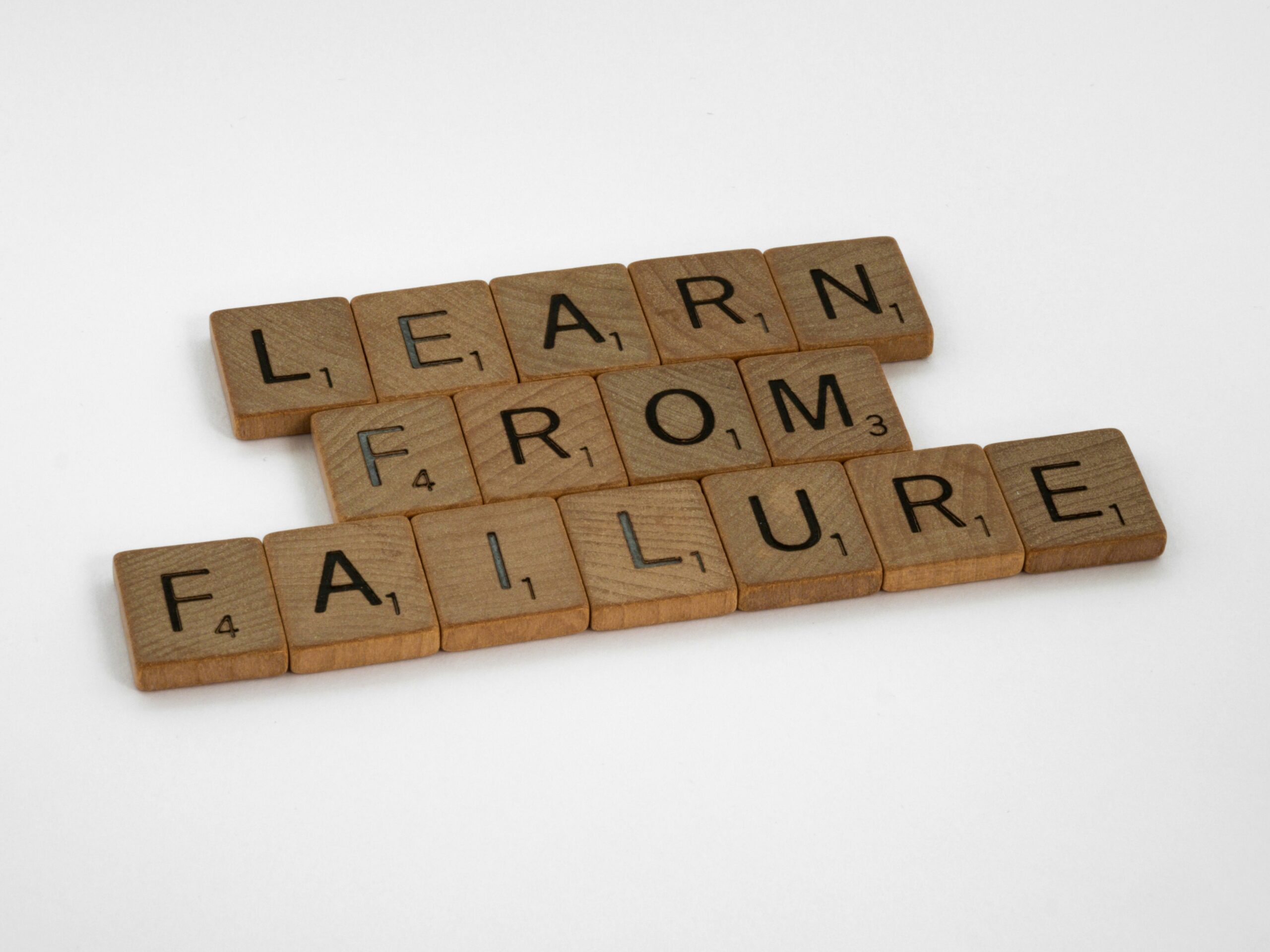The Product Owner role is one of the most strategically important roles in an organization. Product Owners must not only know how to lead technical teams, and therefore must possess a degree of technical know-how, they are also in constant collaboration with a myriad of business stakeholders, like Marketing & Sales teams, to name a few. They are tasked with the immense responsibility of ensuring that the product meets the needs of their users, while also accomplishing the business’s goals. For this reason, the Product Owner role is a unique one in an organization and it takes a unique type of individual to be successful in it.
So what are the traits that set the great Product Owners apart from the rest? In my opinion, the below 5 are the most important ones:
1. Communication skills:

Since the Product Owner is the bridge between the technical team and the rest of the company, he/she must have excellent communication skills. He/she needs to know how to translate technical jargon to non technical ppl, and how to explain business value and the needs of the user to engineering teams.
Softer communication skills like active listening are also important. Active listening is the ability to go beyond simply hearing the words that another person speaks, and instead, seeking to understand the meaning and intent behind them. This is a crucial skill, because when managing stakeholders from different areas of the business, it is important to be able to sift through varying priorities and communication styles, in order to get to the heart of the message. After all, strong communication is not just about what you say or don’t say, but also about really understanding the intent behind what is said to you, and responding accordingly.
Another important element of being a good communicator is transparency. If you can provide timely and relevant product updates to stakeholders, you will reduce the need for others to ask and/or wonder about what’s happening with a product or a specific project. Sharing regularly scheduled updates about the progress of key projects means that all the relevant stakeholders will be kept in the loop and so when you do meet to communicate one on one ,everyone starts from the same level of understanding and the conversation can take place smoothly.
2. A love of order
Elite Product Owners are lovers of order, and destroyers of chaos. They take great pride in being supremely organized: whether that means having a refined backlog, or product documentation that is complete and up-to-date. In the world of agile development, where priorities can change quickly and often, getting this right is not as much a requirement as it is an art. However, the benefit that an entire organization can reap from having key assets like a backlog, product documentation, roadmaps etc in a place that they can easily find, with the knowledge that the information they’re looking at is as updated as possible, cannot be underestimated.
Engineering teams operate in a world of uncertainty, and that is the nature of software development, so the more a Product Owner can bring order into that world of chaos, the more appreciated they will be by their team.
In practical terms, I have found practices such as templatizing documents that are required and used often (whether that be user story templates, release planning checklists etc) is one of the simplest ways of bringing a sense of order to proceedings. Also, spending a bit of time on organizing where documentation is stored, in order to make sure that even the most uninitiated of team members can easily find what they’re searching for, without having to ask you, is an up-front investment that you won’t regret making. Scheduling time, whether that is monthly or quarterly, to revisit your Product Backlog, a place that is the most vulnerable to becoming messy & disorganized, could also save you lots of time in the future.
3. A Collaborative Mindset:

An elite Product Owner must be able to bring together a software engineer, a QA and a UX designer to create something that is more than the sum of its parts, with their ability to collaborate. Outside of the engineering efforts, the Product Owner must also be able to work effectively with business stakeholders in order to understand & work towards the product’s vision.
Given the nature of the Product Owner role, a Product Owner cannot really accomplish anything meaningful on their own. Their role is to make the work of others more valuable and in that sense, a Product Owner is no different to a CEO or any other type of senior business leader, whose function is not to design, or write code, but to ensure that what is designed and built is the most valuable that it can be, and this is entirely impossible without the PO working effectively with different stakeholders.
Doing all of the above effectively, requires a certain level of emotional intelligence. A Product Owner must be able to deal with different personalities, understand each team member’s strengths and weaknesses and what intrinsically motivates them. At the end of the day, effective collaboration is about much more than the daily grind of meeting deadlines and deliverables, it’s about getting the best out of each individual that makes up a team.
4. Ability to see the bigger picture:
Who doesn’t love a colleague that pays attention to the little things? It goes without saying that Product Owners need to be detail oriented, however, in order to be a truly great Product Owner, that ability needs to go hand in hand with the ability to zoom out in order to constantly refer back to the business’s goals, and the value that is being delivered to the customer. When facing tough prioritization decisions, an elite Product Owner is able to be strategic and places more importance on accomplishing the product’s bigger goals, rather than getting hung up on the details.
Also, helping engineering teams to see the bigger picture themselves can have a variety of benefits. It not only helps them to understand the value of their work, but it can also empower them to take ownership of their work, since they can then make better decisions around their technical approach, or around prioritization. It is key that everyone on a Product team understands why they’re doing what they’re doing.
5. Knowing how to say no:
It can be a bitter pill to swallow for some, but the truth is that you won’t get too far in your career as a Product Owner if you don’t develop the ability to say no for the right reasons. In a world of competing priorities, when new requests are dropped in at the last moment, or a particularly demanding stakeholder wants their needs addressed over all others, the Product Owner needs to be strong enough to say no – not for the sake of it, but for the sake of not derailing the team from executing on the Product vision.Saying yes to every request can spell disaster for the productivity and motivation of engineering teams, and dilutes progress towards achieving the Product’s goals.
There is a fine line between being collaborative, and being a people pleaser, and a good Product Owner will know how to toe the line. To that end, knowing how to negotiate with stakeholders & being able to set realistic expectations or even being able to deliver bad news empathetically, are all key skills that Product Owners need to master.
_________________________________________________________________
The most important thing to remember however, that with Product Ownership, just like any other profession, no one is born with all of the right traits and abilities. In my experience, I’ve found that the thing that employer’s value above all else, is the ability and desire to learn. And all of the skills mentioned above, like communication & collaboration etc, are things that can be honed and learnt with time and experience.
The intention with this blogpost, and this blog in general, is to demystify the Product Owner role and lower the barriers to entry for anyone who wants to enter this profession and I hope that this post did just that.
_________________________________________________________________
If you’re interested in learning more about Product Ownership, here’s a course I designed that could help you get started.



